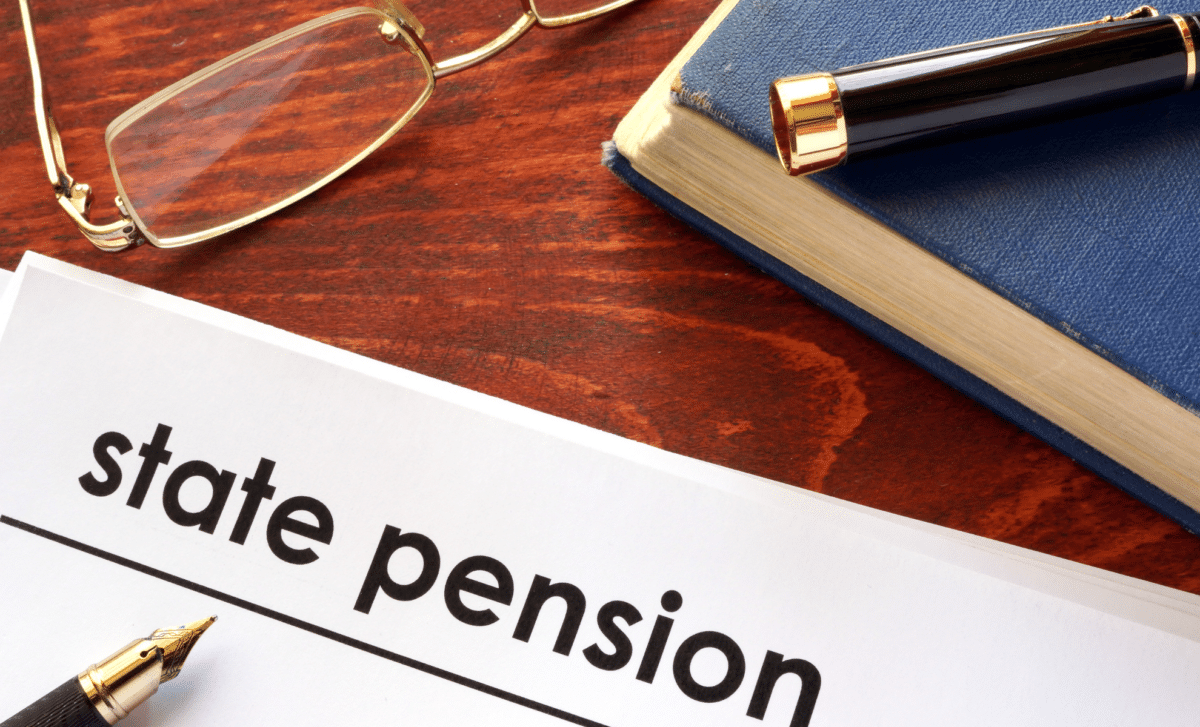An online petition with over 59,500 signatures has been started to demand a weekly State Pension payout of around £550 to bring it into compliance with the National Living Wage.
£549 Weekly State Pension Proposal Gains Momentum
Michael Thompson, the petition’s originator, also proposes giving everyone the opportunity to apply for a state pension beginning at age 60, which is six years younger than the existing official retirement age of 66.
The planned payment rise, which would have been worth £549.12 per week, or £28,554.24 for the 2024–2025 fiscal year, and equal to 48 hours at the National Living Wage, was rejected by the Department for Work and Pensions (DWP) in February. Supporters haven’t let the backlash stop them from signing the e-petition, though, and it looks like it will reach the 100,000 signature mark before its closure on July 15, 2024.
At 100,000 signatures, the Petitions Committee would examine it for parliamentary consideration. In its written response, the DWP stated that the UK Government has “no plans to increase the State Pension to equal 48 hours at the National Living Wage or to be made available from age of 60.”
However, the DWP stated that it is “committed to ensuring economic security for people at every stage of their lives, including when they reach retirement.”
The DWP reply on the petitions-parliament website included: “This year, the Government will spend over £152 billion directly on the State Pension and benefits for pensioners in Great Britain. Last year, the State Pension saw its biggest ever rise, increasing by 10.1%.
“The full yearly rate of the new State Pension is now over £10,600 per year. In addition, the full yearly amount of the basic State Pension is over £3,050 higher, in cash terms, than in 2010.”
State Pension Equality Petition Faces DWP Rejection
On April 8, new and basic state pension payments increased by 8.5 percent, in line with the Triple Lock policy, while extra state pension parts increased by 6.7%, in accordance with the September Consumer Price Index (CPI) rate of inflation.
This implies that someone on the full New State Pension will earn £221.20 per week in 2024/25, for a total yearly income of £11,502.
Similarly, someone on the full amount of the Basic State Pension will receive £169.50 every week, totaling £8,814 in the fiscal year 2024/25.
A separate petition urges the UK government to increase the Basic State Pension by roughly £48 per week to equal the amount provided to people receiving the New State Pension.
Around 12.7 million people get the State Pension, with 9.3 million on the Basic and 3.4 million on the New (those who retired after April 6, 2016).
The “provide all pensioners born before April 1951 with the New State Pension’ petition has collected over 13,700 signatures so far.
The petition says: “We would like the Government to provide all pensioners born before 6 April 1951 with the new state pension. The full new State Pension is over £200 more a month than the full basic pension. We believe this is unfair, and unjustifiable.
“We are expected to survive on less than other pensioners. We would like the same pension entitlement as people who receive the new State Pension.”
When the DWP rejected the application on March 28, it provided a similar written answer outlining why the New and Basic State Pensions weren’t comparable.
The DWP stated: “Although the systems are different, they both reflect the National Insurance contributions an individual has made over their lifetimes. It is not the case that everybody who receives the New State Pension will immediately receive the full rate of £221.20 per week. Nor is it the case that everyone in the pre-2016 system only receives the basic State Pension.
“Under the pre-2016 system, people receive different amounts depending on the National Insurance contributions they made. In addition to the Basic State Pension, people could also have qualified for the additional State Pension for the years that they paid the full rate of National Insurance.
“This means that the State could pay them in excess of £200 a week on top of the basic State Pension, which may result in a much higher State Pension amount than the new State Pension.”










Yes. I agree all pensioners should receive the equivalent of 40 hours minimum wage at least
It’s about time the pensions were put up the government can keep finding money to house the immigrants its time they looked after our own people who have paid in all their lives so they can have a decent lifestyle when they retire
Its time we recieved a decent pension instead of handouts
This county pensions are among the lowest paid on the scale of Europe and beyond. It is not enough to survive. I worked 45.5 years full time. As a woman, I stayed at home with the children for 5 years. I will be 67 in december and still work 22.5 a week to bring in a little more. I have 9 small pension pots that will not pay more than £170 a month, and paying taxes on it. The jibs I worked in for the first 15 years did not provide company pensions in their contracts, hence the small return from my funds. Had to continue working due to the change in pension requirements (waspi) . At 61 fell very ill and could not continue as full time and have been in and out of less paid job with less stress. Sadly the is no end to the stress, cost of living etc. My mother in Italy never worked, dad died in 2017 . As a widow, her state pension is £1400 per month with excellent free health care. Something else that we are denied in the UK, no reduced pension is paid to the widows when the husband or wife dies unless you are at poverty level.